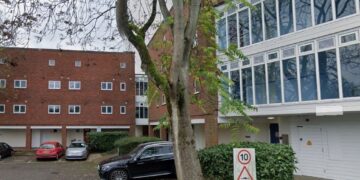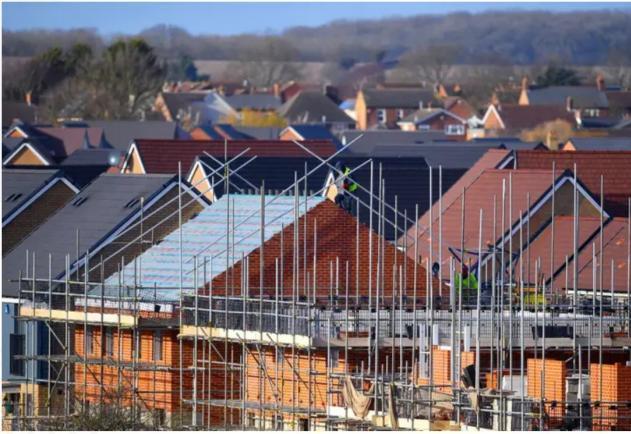By Cllr Shirley Boyt
I recently came by a copy of The Guardian from 27th March 1980.
My interest was piqued for two reasons, firstly that date is my birthday and secondly it was the day after that year’s budget; the fall-out from the disastrous Truss-Kwarteng mini budget was still very much in the news.
The front page makes for an interesting but depressing read; the then Chancellor, Geoffrey Howe did not crash the economy like Liz and Kwasi, but he did announce public spending cuts of £1,000m and reportedly ‘forecast a grim future’ with the ‘Tories committing the country to a four-year squeeze’ in a strategy intended to ‘defeat inflation’. Sounds familiar doesn’t it?
Further horrors await on pages 2 and 3 where we learn there is to be a ‘sharp fall in schools spending’, that the unemployed, families with children, and the long-term sick will lose out in ‘an attack on the poor’. Unemployment benefit and sickness benefit will be taxed and child benefit will only be increased by 75p per child which is well below inflation.
Petrol prices will rise by 10p to £1.32 per gallon (29p/litre). Labour leader, James Callaghan described it as the “meanest budget since 1931” and a “shifting of the burden from the healthy to the sick and from the rich to the poor”.
It is certainly a case of déjà vu and there are many parallels with our current economic situation, with one significant difference – the cost of keeping a roof over your head.
For those buying their own home in 1980, mortgage repayments only accounted for around 12% of income. In 2022 that figure is a staggering 45%.
In 1980 around one-third of households rented their home from the council. A household with earnings of around £200 per week paid about £8.80 (4.4% of earnings) in rent. All that would soon change with the advent of Right to Buy – Margaret Thatcher’s flagship policy for a ‘home owning, share owning democracy’.
Those who are fortunate enough to live in a council house today, pay an average rent of £94.00 per week or 14% of Wokingham’s average weekly wage. However, if you rent privately, it is an altogether gloomier prospect, a modest, three-bed property in the borough will set you back almost £360 per week, more than 56% of the average weekly wage.
If further evidence is required that things have gone badly wrong in the housing sector in the last 42 years, look no further – nationally, since 1980 more than 2.5 million council houses have been sold under Right to Buy, permanently depleting the nation’s social housing stock. You may think this is a good thing until you learn that around 40% of the homes that were sold, are now back in the rental sector, in the hands of private landlords.
Or that 42 years on, one-third of households are still renting and (due to sky-high rents) have no realistic prospect of owning their own home; it seems Maggie’s flagship has sunk without trace!
Home ownership reached a peak of 71% in 2005 but has been decreasing ever since and the percentage of people owning their own homes in 2022 is exactly the same as it was in 1980.
So, what is the current Conservative government doing about this scandal? Allowing councils to build more social rent housing? Insisting that 50% of houses on any new development will be affordable, social rent? No of course not. Bizarrely, they are planning to extend Right to Buy to housing association properties, further reducing our stock of homes available for social rent. They are simply repeating the mistakes of the last 42 years. They have learned nothing.
Cllr Shirley Boyt is a Labour councillor of Bulmershe and Whitegates ward on Wokingham Borough Council


















































